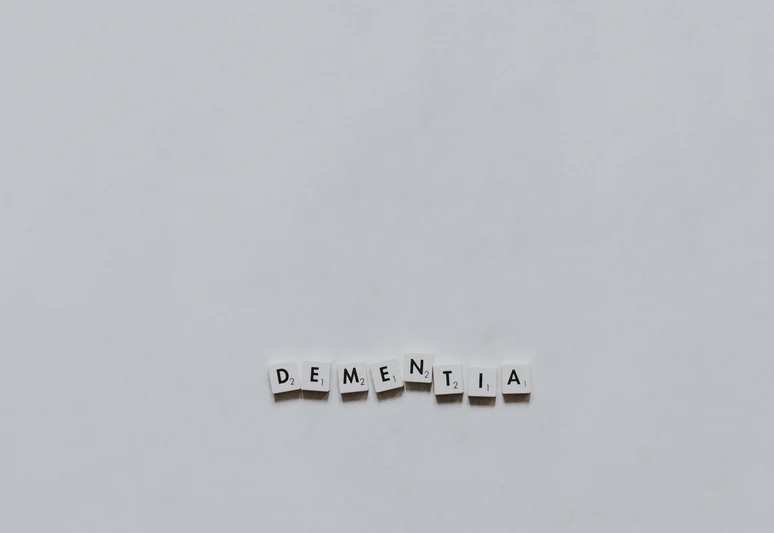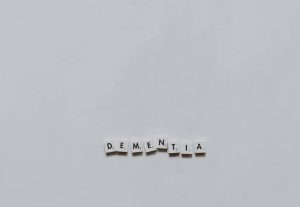
Certain symptoms of dementia present prior to memory loss.
Losing a loved ones is a heartbreaking experience.
Death is an unpleasant reality of being human.
Although death is a universal experience, some lose their loved ones earlier through the memory loss and personality changes associated with dementia or Alzheimer’s.
According to a recent The (UK) Express article titled “Dementia symptoms: Three 'changes' in your dietary preferences that can be 'early' signs,” certain risk factors have been correlated to the development of dementia.

Early dementia symptoms are often ignored or mistaken for other ailments.
Risk factors include poor exercise and diet.
By maintaining or starting a physically active lifestyle, people can improve their risk of avoiding the illness.
Those who consume unhealthy foods have an increased likelihood of receiving a dementia diagnosis during their lives.
Similarly, alcohol has been found to damage the brain when consumed in excess.
In contrast, eating vegetables, nuts, seeds, and whole grains can improved the chances of not developing the illness.
Although memory loss is a later symptom for frontotemporal dementia, other signs of the illness develop earlier.
One of these areas involves food.
If someone you love no longer likes the same foods they used to enjoy or suddenly craves different foods, this can be an early symptom of dementia.
Cravings for and increased consumption of many sweets and sugars is also an earlier sign, as well as overeating or drinking too much.
According to the World Health Organization, about 55 million people have dementia and about 60 percent of those live in low-and middle-income countries.
Although readers of this blog are likely living in the United States, it is still important to be aware of early signs and symptoms of this brain disease.
Other common symptoms include loss of interest, difficulty making decisions, and inappropriate behavior.
What should you do if you notice a cluster of these symptoms in a loved one?
Encourage your loved one to schedule an appointment with a doctor.
A general practitioner can run and order tests for these symptoms to rule out other causes, as well as refer your loved one to a specialist.
Although your loved one could attend the appointment alone, it can be helpful to have another person present to help explain symptoms from an outside perspective (and remember what was discussed).
An early diagnosis may not reverse the illness, but it may provide opportunities to slow its progression.
Be sure your loved one has an advance health care directive and HIPAA authorization to appoint a trusted family member/friend to serve as health care agent and advocate.
Reference: Express (UK) (Jan. 4, 2022) “Dementia symptoms: Three 'changes' in your dietary preferences that can be 'early' signs”
REMEMBER: “The choice of a lawyer is an important decision and should not be based solely upon advertisements.”
This statement is required by rule of the Supreme Court of Missouri.
